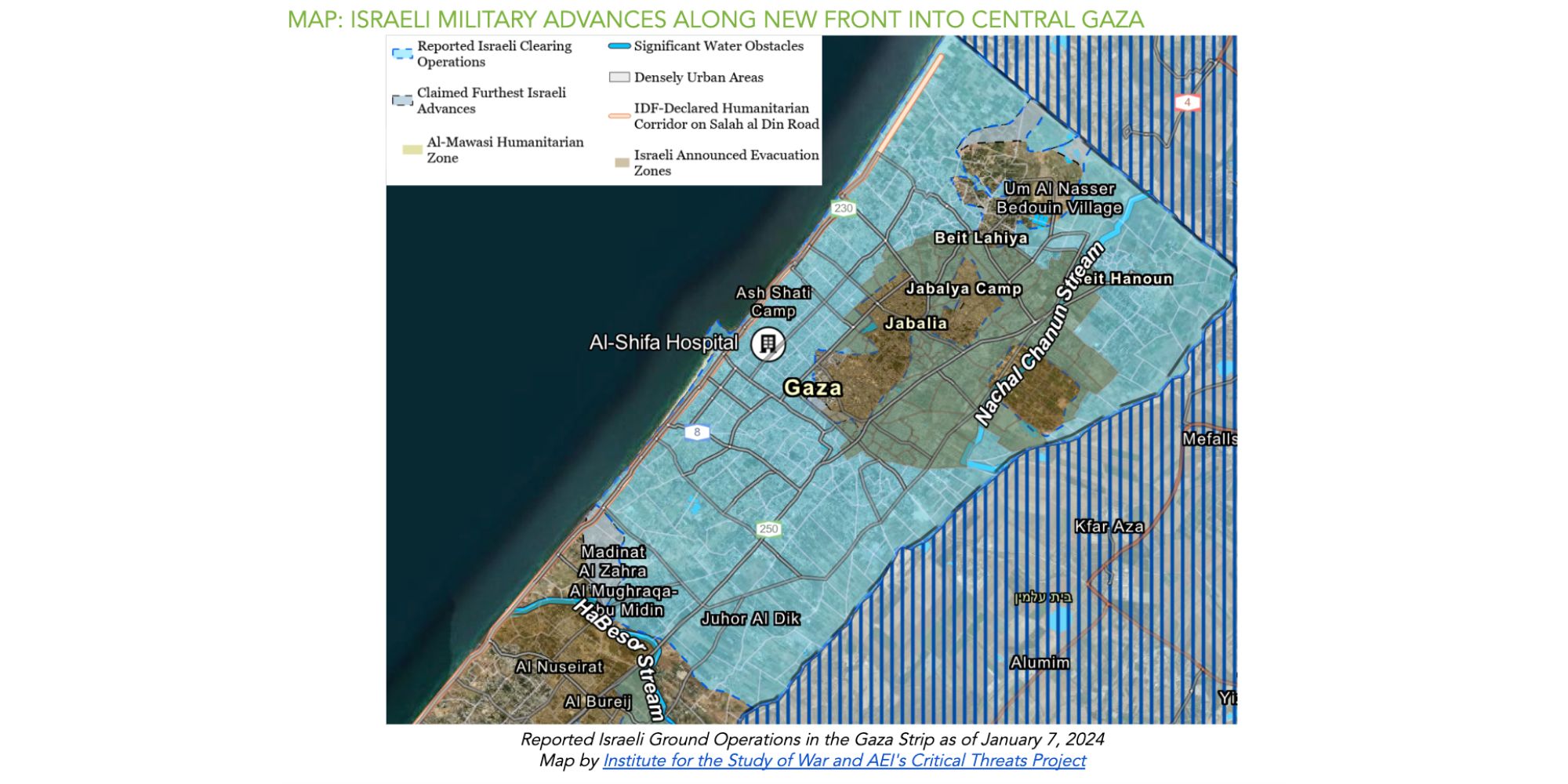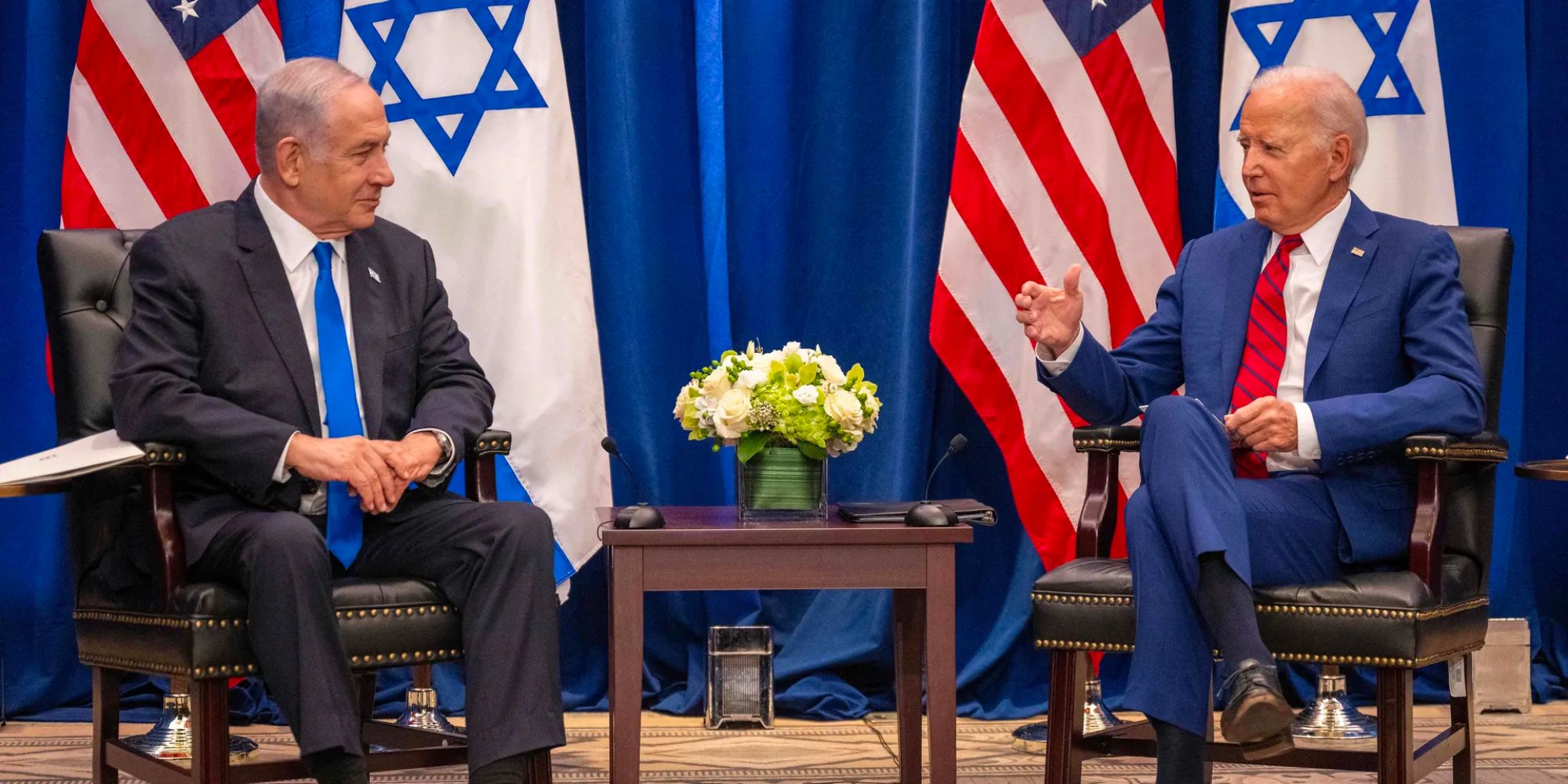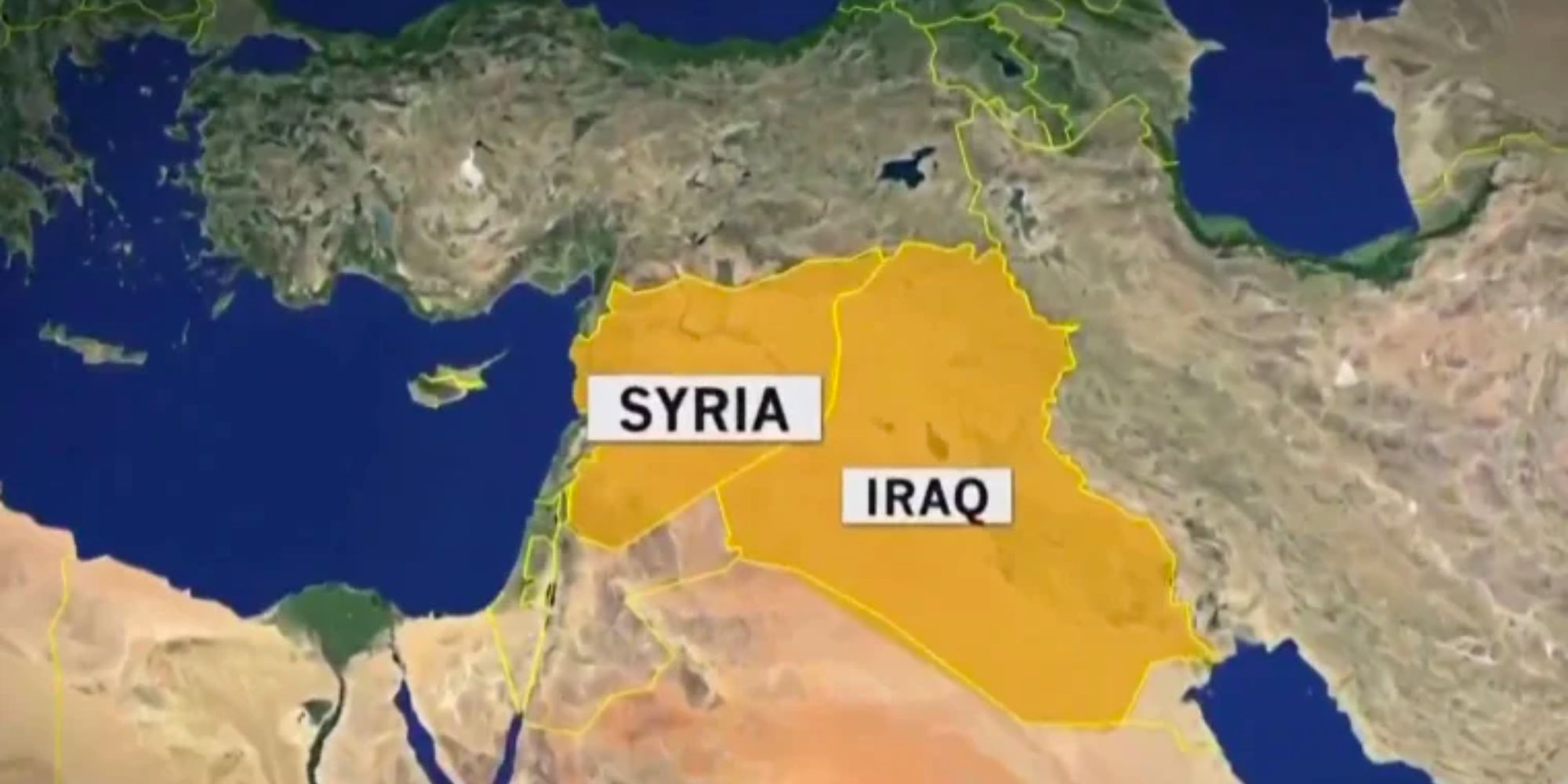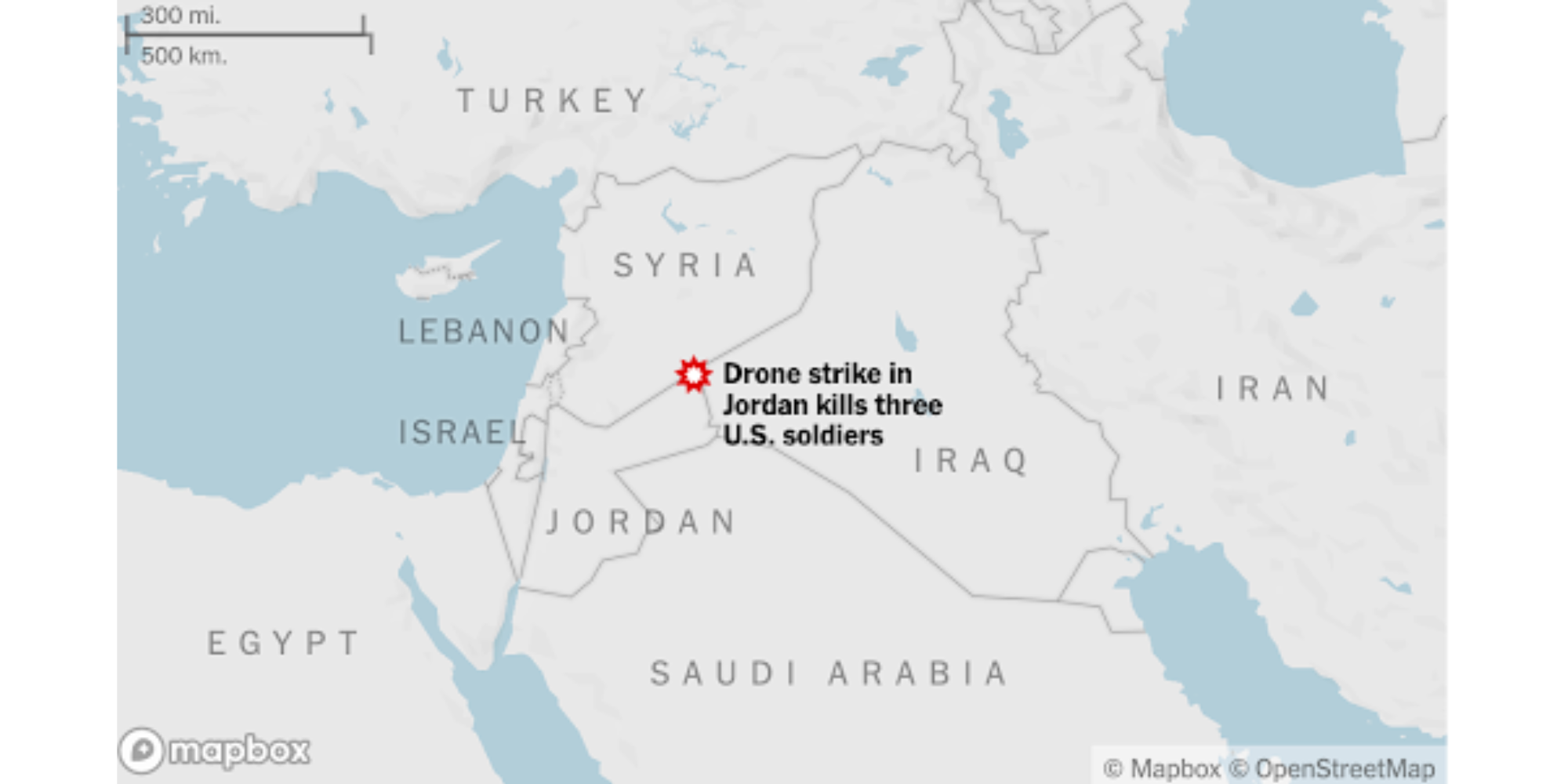Current as of 11AM EST, 8JAN24
RECENT UPDATES
Israel announced it is beginning a new and less intense phase of the war which will involve fewer airstrikes, reduced troops in Gaza, and a focus on Hamas’ southern and central strongholds in the cities of Khan Younis and Deir al Balah. In addition, U.S. Secretary of State Antony Blinken traveled to Abu Dhabi on January 8 to discuss the humanitarian situation in Gaza and how to prevent the war from spreading across the region.
- Humanitarian Crisis: In a recent report, officials from the UN Relief and Works Agency for Palestine Refugees in the Near East (UNRWA) said there have been 23 incidents of “military use and/or interference” at its facilities since October 7; they did not say who was responsible. The report further stated close to 1.4 million internally displaced Gazans were sheltering in 155 UNRWA installations as of January 2. The World Health Organization’s director general, Tedros Adhanom Ghebreyesus, said his agency received “troubling reports of increasing hostilities and ongoing evacuation orders” near the last functioning hospital in Gaza, Al-Aqsa Hospital
- U.S. Support: U.S. Secretary of State Antony Blinken met in Abu Dhabi with Sheikh Mohammed bin Zayed Al Nahyan, the ruler of the United Arab Emirates, to discuss the humanitarian situation in Gaza and ways to prevent the war from spreading across the region. A U.S. Department of Education policy adviser recently became the second official to quit in protest of the administration’s military support of Israel’s war in Gaza, according to AP News. In addition, National Security Council coordinator Admiral John Kirby stated the Biden administration finds South Africa’s case against Israel in the International Court of Justice is “meritless, counterproductive and completely without any basis in fact whatsoever.”
- Military Operations: According to Rear Admiral Daniel Hagari, the Israeli military chief spokesman, Israel is beginning a new phase of the war which will involve fewer airstrikes and ground troops. Admiral Hagari said Israel will reduce its troops in Gaza and focus on Hamas’ southern and central strongholds in the Strip, particularly around the cities of Khan Younis and Deir al Balah. Over the weekend Israeli officials announced they successfully dismantled Hamas’ military structure in northern Gaza while fierce fighting occurred in the south, with the Israeli Air Force conducting more than 30 strikes on Hamas targets in the area.
- Regional Relations: In the last week, Israel killed the Hamas deputy chief in an airstrike in Beirut and presumably carried out targeted assassinations in Syria and Lebanon. Hezbollah claimed it targeted an Israeli military outpost along the border with more than 60 rockets in response to Israel’s attack in Beirut. In addition, a Singapore-flagged and Denmark owned and operated container ship was struck by a Houthi missile while transiting the Red Sea on January 6. In response, a U.S. Navy warship shot down two anti-ship ballistic missiles from Houthi-controlled areas in Yemen, according to CNN.
- Protests: Pro-Palestinian marches occurred in several cities worldwide, such as Atlanta, Seattle, and Los Angeles. In addition, demonstrators blocked access to a bridge near the British Parliament on January 6, demanding an immediate ceasefire in the conflict, according to Al Jazeera. Furthermore, the Israel Defense Forces (IDF) admitted it carried out an airstrike that killed two Palestinian journalists working for Al Jazeera in Gaza on January 7, claiming the attack was targeting a terrorist. The deaths may lead to further protests worldwide in the coming days.
CYBER IMPLICATIONS
The ongoing conflict between Israel and Hamas continues to spur cyber attacks on various targets across the region.
- The information display screens at Beirut’s international airport were hacked by domestic anti-Hezbollah groups on January 7, according to ABC News. Departure and arrival information was replaced by a message accusing the Hezbollah group of putting Lebanon at risk of an all-out war with Israel. The screens displayed a message with logos from a hardline Christian group dubbed Soldiers of God.
- A hacking group named Cyber Toufan, claiming to be Palestinian state cyber warriors, has targeted over 100 public and private organizations in Israel. Cyber Toufan’s targets include the Israeli National Archive, Israel Innovation Authority, Homecenter Israel, Israel Nature and Parks, The Academic College of Tel Aviv, Israel Ministry of Health, Ministry of Welfare and Social Security, Israel Securities Authority, Allot, MAX Security & Intelligence, Radware, and Toyota Israel.
CONCENTRIC’S RECOMMENDATIONS
We continue to urge anyone with business interests in Israel and the surrounding regions to exercise extreme caution, and to consider postponing any upcoming travel. We also encourage travelers to avoid all demonstrations and maintain awareness of their surroundings in areas with protest activity. Travelers and businesses should also consider:
- Watching for updated U.S. Department of State worldwide travel advisories.
- Avoiding areas in and around Israel, Lebanon, Egypt, Saudi Arabia, Qatar, and other portions of the Gulf.
- Reaching out to Concentric’s experts for support. Concentric can provide:
- Emergency evacuation and secure transportation, and support from local partners;
- Active monitoring and intelligence support, including tailored risk and travel assessments;
- Tailored security consulting and executive protection agents;
- Cybersecurity and digital privacy protection.
If you are interested in a briefing with Concentric’s Chief Executive Officer Mike LeFever or a member of Concentric’s team on any of these topics, please do not hesitate to contact us.
Feature image source.






